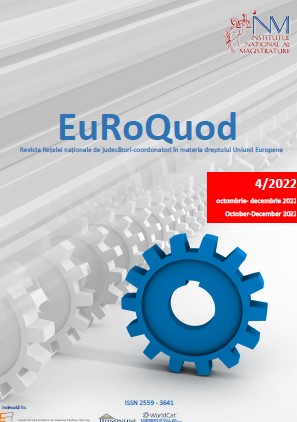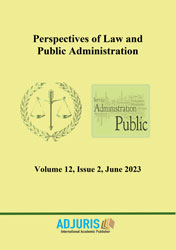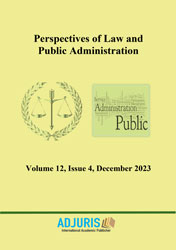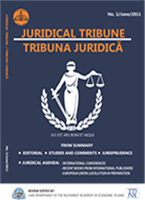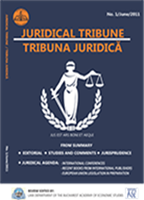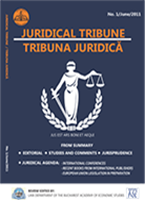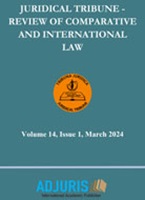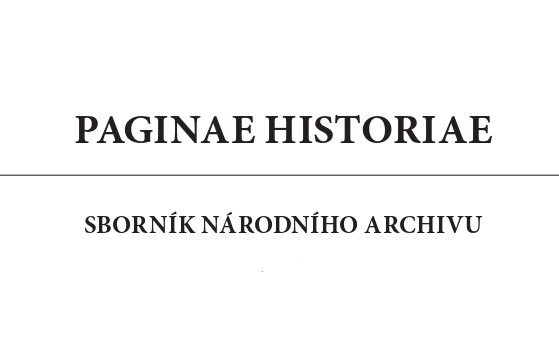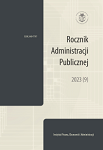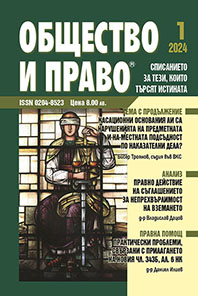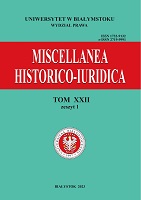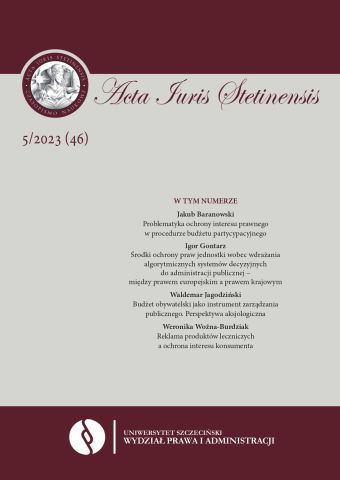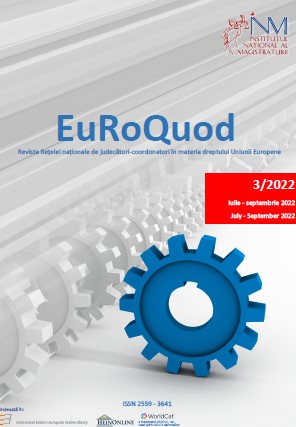
SINTEZE DIN JURISPRUDENŢA CJUE - DREPT FISCAL
1.) Trimitere preliminară – Fiscalitate – Taxa pe valoarea adăugată (TVA) – Directiva 2006/112/CE – Articolul 41 – Achiziție intracomunitară de bunuri – Loc – Lanț de operațiuni succesive – Calificare eronată a unei părți a operațiunilor – Principiile proporționalității și neutralității fiscale. HOTĂRÂREA din 7 iulie 2022 în cauza C- 696/20 (ECLI:EU:C:2022:528), în procedura.
More...
